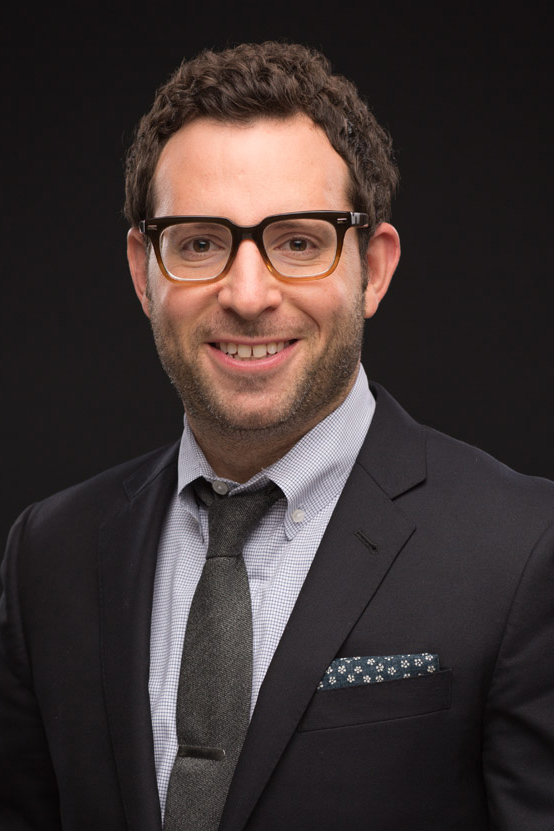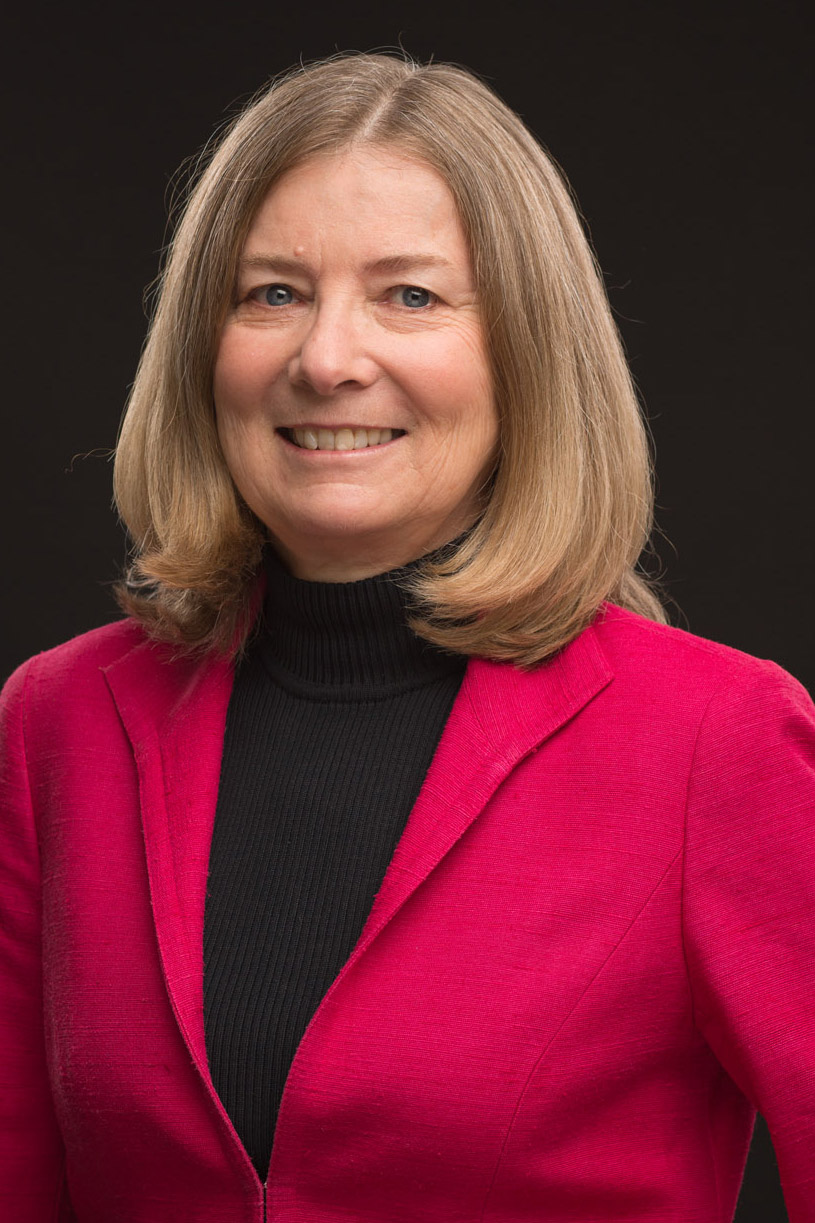GSE’s Education Policy Program Welcomes Return of Rebecca Maynard, Arrival of New Scholar Matthew Steinberg
January 18, 2013 - GSE’s Education Policy program—long distinguished for its extraordinary faculty and their generous sharing of their expertise with policymakers and other researchers—welcomed a familiar face and a new arrival last September. Noted researcher Rebecca Maynard returned to Penn after two years in a senior position with the Department of Education in Washington, D.C., and Matthew Steinberg came aboard as a rising star in the study of urban school systems. 
 Steinberg, a specialist in the economics of education, joined GSE as an Assistant Professor. “The Ed Policy faculty here at GSE are really amazing, and I’m excited to get the chance to work with them,” says Steinberg. “There’s Rebecca Maynard, who has a long history as a researcher and working in government and education policy. There’s Richard Ingersoll and all his work on teacher labor markets. Or Jon Supovitz and the valuable research that comes out of CPRE, the Consortium for Policy Research in Education. And these are just a few of the remarkable people here.”
Steinberg, a specialist in the economics of education, joined GSE as an Assistant Professor. “The Ed Policy faculty here at GSE are really amazing, and I’m excited to get the chance to work with them,” says Steinberg. “There’s Rebecca Maynard, who has a long history as a researcher and working in government and education policy. There’s Richard Ingersoll and all his work on teacher labor markets. Or Jon Supovitz and the valuable research that comes out of CPRE, the Consortium for Policy Research in Education. And these are just a few of the remarkable people here.”
Rebecca Maynard, University Trustee Professor of Education and Social Policy, became Commissioner for the National Center for Education and Evaluation and Regional Assistance in August 2010. Part of the Institute of Education Sciences, the research arm of the U.S. Department of Education, the Center oversees federally mandated evaluations of education initiatives as well as the National Library of Education and the What Works Clearinghouse. Maynard transformed the Clearinghouse into a user-friendly source for educators looking for the information they need to make evidence-based decisions. “We made huge progress,” she notes. “We raised the bar on what constitutes evidence of effectiveness of programs, policies, and practices.”
A former fifth-grade teacher and investment banker, Steinberg focuses his research interests on the effects of school organization, the charter school movement, teacher evaluation, and school climate and safety on the academic success of students in urban areas. “Education policy issues have a very real effect on people,” he notes. “And Penn and Philadelphia offer an amazingly vibrant policy community,” he adds. “On top of that, GSE is a small school so students can be involved in the work of faculty, and they can really engage with not only their cohort but students in other programs in the School. Penn GSE is an exciting place in which to do education work.”
